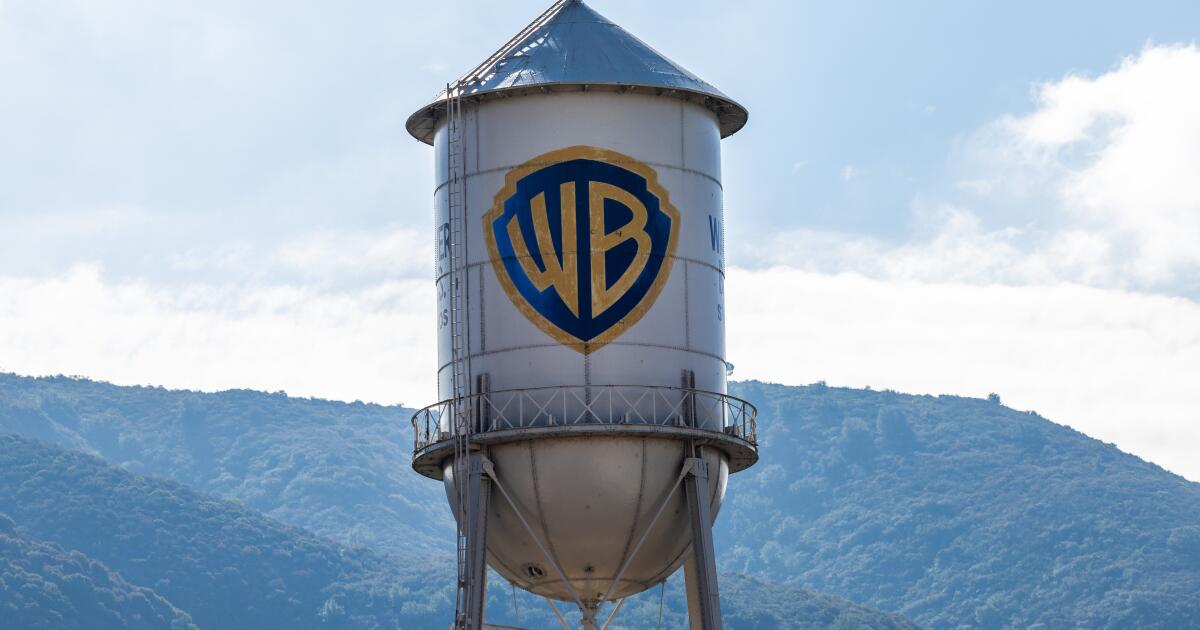The battle for control of Warner Bros.: Everything you need to know
Netflix and Paramount are locked in an epic tug-of-war for HBO and Warner Bros. — the historic film factory behind Batman, Harry Potter, Scooby-Doo, “Casablanca” and “The Matrix.”
Warner Bros. Discovery awarded the prize to Netflix, prompting Paramount to mount a hostile takeover bid valued at $108 billion for all of the Warner assets, which also include CNN, TBS, HGTV and TLC. The Larry Ellison-backed media company, run by his son David Ellison, has asked Warner shareholders to sell their shares to Paramount.
Warner Bros.’ sale has become the industry’s game of thrones.
The streaming king, Netflix, hopes to buy a chunk of the company — HBO, HBO Max, Warner Bros. film and TV studios and the 110-acre lot in Burbank — through its $82.7-billion deal. Not included are Warner’s basic cable channels, which are set to be spun off into a separate, publicly-traded company called Discovery Global.
Both deals would fundamentally reorder Hollywood and raise antitrust concerns. Netflix would boast more than 400 million subscribers worldwide, furthering its market dominance. And Paramount’s takeover would combine two major film studios and two leading news organizations, CNN and CBS News, under Ellison family control.
Here’s a look at how we got here:
